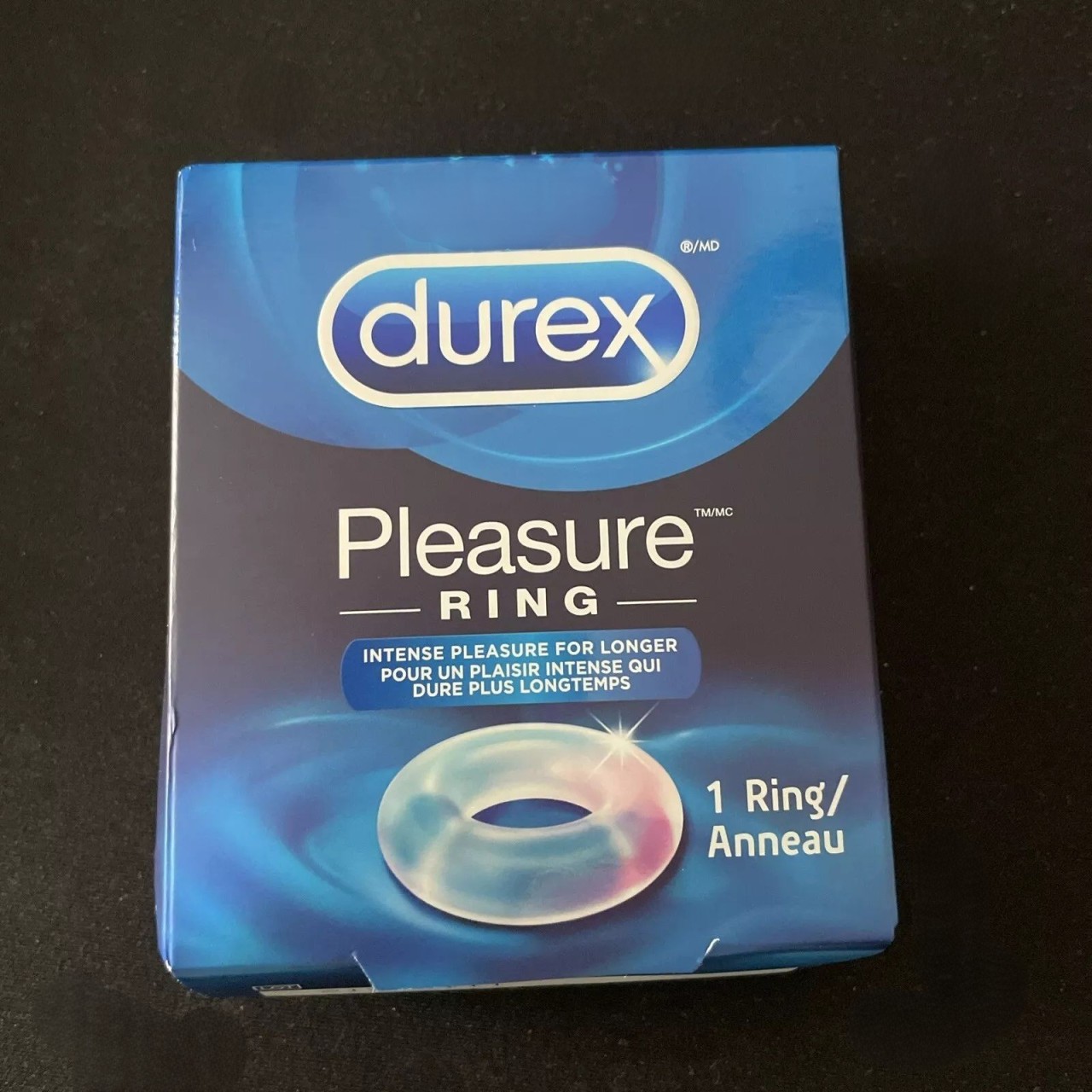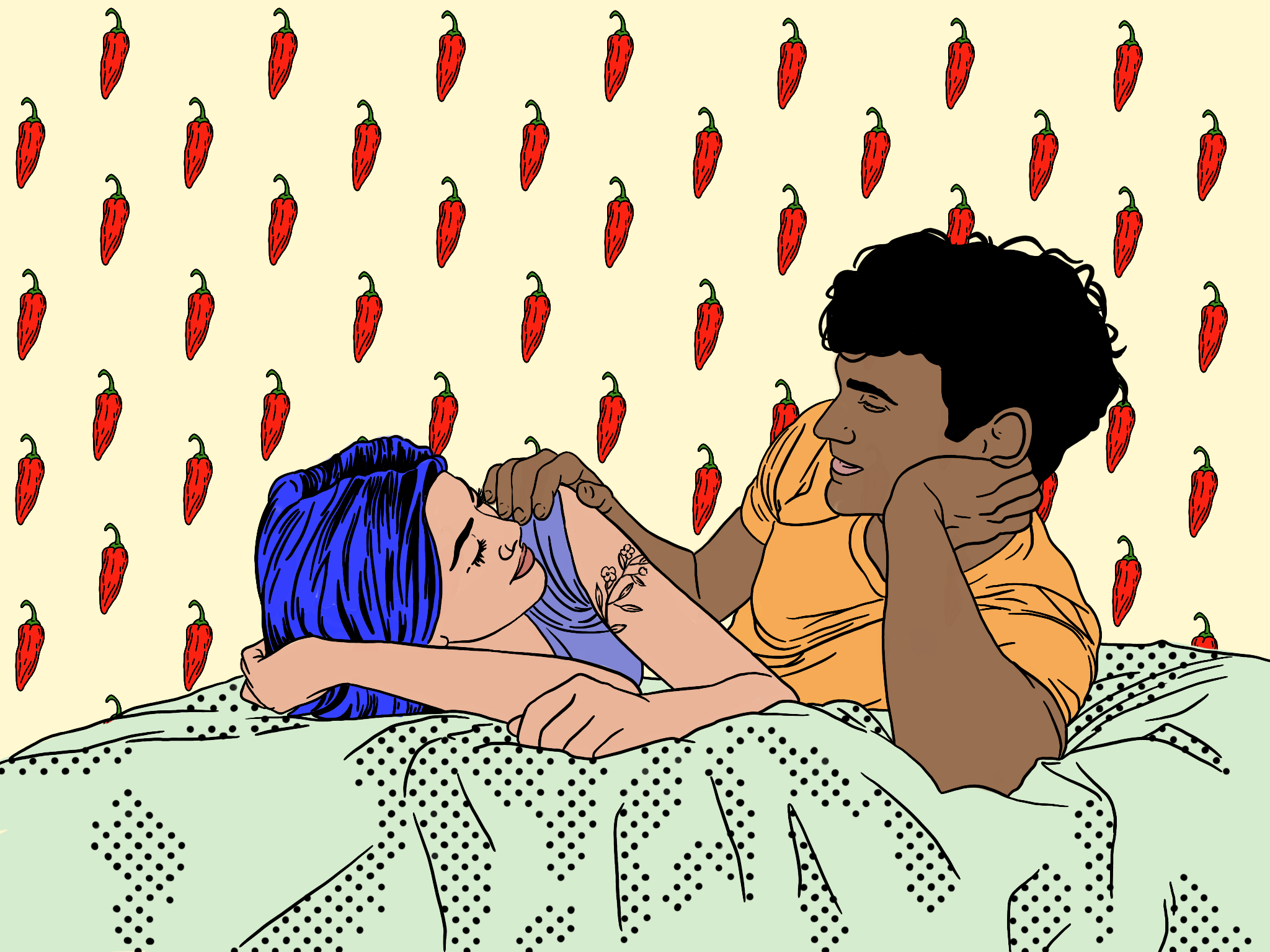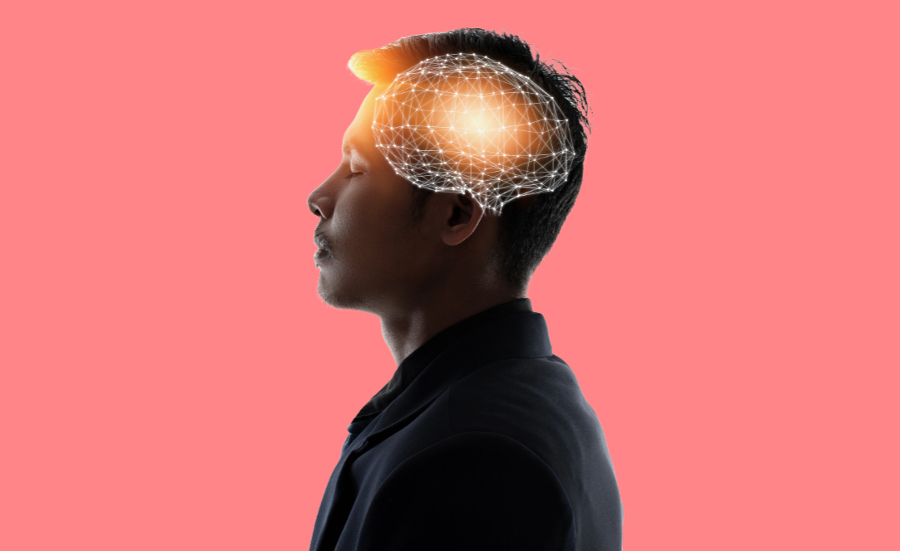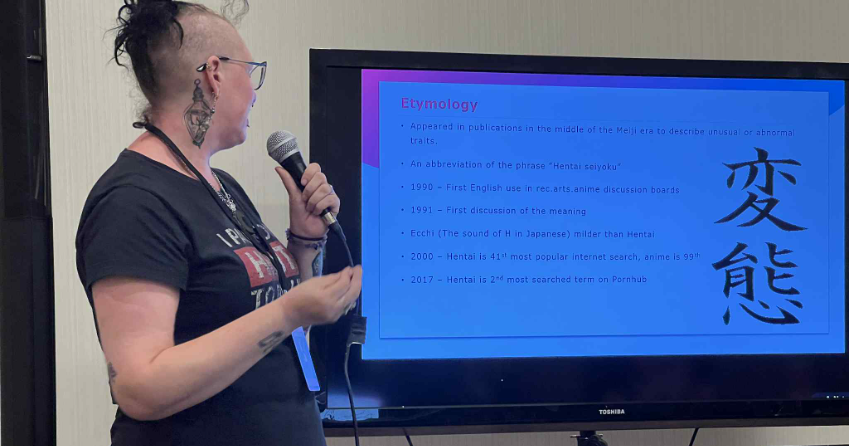Why Do Some Asexuals Have Sex?
- 27 Follow
- 0 Collect
- 0 Like
- 240 Read
- Report
Keyword
If you’ve ever heard someone say, “Wait… you’re asexual? But you’ve had sex? HOW does that make sense?” Congrats, you’ve witnessed one of the most common knee-jerk reactions to asexuality.
The confusion usually comes from the assumption that being asexual means you’re allergic to sex, repulsed by nudity, and live your life like a character in a Victorian novel, fainting at the word thrust. But like most things involving human sexuality, the reality is way more nuanced than that.
So let’s get cheeky, real, and accurate about why some asexual people do, in fact, have sex.
First, What Actually Is Asexuality?
We’re starting with definitions, so nobody’s left flailing around in the dark. Unless, of course, that’s your kink. No judgment. So. Asexuality, or “ace,” if you’re cool like that, is a type of sexual orientation where someone experiences little to no sexual attraction to other people.
But this doesn’t automatically mean they:
Hate sex (some aces have sex! Some love it! Some are like “meh, I’d rather binge old X-Files episodes with a weighted blanket”)
Took a vow of celibacy to please a sky god
Have been traumatized, broken, abused or “damaged”
Are “just waiting to meet the right person” (this line needs to be locked in a vault and dropped in the Mariana Trench)
It just means sexual attraction isn’t a thing they experience. That’s it. That’s the whole cake. No hidden layers. No secret filling. Just a different flavor on the orientation menu. And like all orientations, it exists on a spectrum, which we will get into next.
Some asexual people are completely turned off by sex. Others are comfortable with it, some are curious, and some are like, “Sure, I’ll do it—but only if there’s pizza after and I don’t have to do much.”
As for romantic attraction, that’s a whole different topic. There are romantic asexuals, aromantic asexuals, demiromantics, greyromantics… the list goes on. But we’re not about to open up that can of alphabet soup right now, or we’ll be here all day.
Romantic Relationships
Being asexual doesn’t mean you’re a robot without feelings. Many ace folks are also romantic, meaning they do fall in love and form romantic connections. They might identify as heteroromantic, homoromantic, biromantic, panromantic, etc.
In romantic relationships, especially with allosexual (non-asexual) partners, some asexual people choose to have sex as an act of intimacy, love, or bonding. Not because they’re lying about being ace, but because the connection matters more to them than the act.
Think of it like this: you might not love going to your partner’s long-ass work events, but you still go because it makes them happy, and it brings you closer. Same energy.
Sex Still Physically Feels Pleasurable
Wild concept, but true: you don’t need to feel sexual attraction to enjoy sexual pleasure. Asexuality is about who you're attracted to (or not), not whether your body can feel good. That’s a crucial difference people often miss.
A lot of asexual people still masturbate. Many enjoy physical touch, sensual experiences, and yes, some have a pretty high libido. And no, that doesn’t automatically make them “not really ace.” That’s a myth.
Here’s where people get confused: we’ve been fed this idea that libido equals sexual attraction. It doesn’t. Libido is your sex drive, your body’s natural urge or desire for sexual release. Sexual attraction, on the other hand, is about being drawn to other people sexually.
You can absolutely have one without the other. So, an asexual person might enjoy sex, want to masturbate, use toys, get off regularly with someone, and still not feel any sexual attraction toward others.
That’s not a contradiction, it’s just human variation. The human body is complex. Sexual orientation, libido, and physical pleasure aren’t all wired together in one neat little package, and asexuals don’t need to fit a mainstream mold.
Exploration & Curiosity
Sexuality isn’t always something you can define from the sidelines. It’s complex, personal, and sometimes you don’t really know where you fall until you’ve explored a bit. That’s true for everyone, including asexuals.
Some aces choose to have sex simply because they’re curious. They want to understand what the experience is like, or they’re trying to see how their body and mind respond to it. That exploration doesn’t invalidate their orientation.
Again, being asexual means not experiencing sexual attraction; it doesn’t mean you’re never curious, never open to trying, or that your identity hinges on what you’ve done (or haven’t done). Some try sex and feel nothing, confirming that it’s not for them. Others might feel physically pleasured, but still not experience any attraction.
Pressure, Obligation (Let’s Not Sugarcoat It)
For some, the decision to have sex comes from pressure. The most common is being with a partner who expects sex as a “normal” part of being together. The asexual partner might fear losing the relationship, being seen as broken, or being accused of not loving their partner enough, so they slip into the sheets.
Other pressures come from cultures or religious backgrounds that treat sex as a duty, especially within marriage. In those environments, saying no doesn’t always feel like a real option. There’s also internal pressure—aces sometimes question themselves and think, ‘maybe if I just try it, I’ll feel what everyone else does.’
Kink, Power Exchange, and Queering
Let’s blow some minds here: a ton of ace people are into kink. Kink isn’t just about sex. Sure, it can be sexual, but at its core, kink is about dynamics—power, control, trust, sensation, structure, submission, dominance, ritual, and emotional intensity.
None of those things requires sexual attraction to be meaningful or fulfilling. A lot of kink scenes are built around experiences that don’t involve traditional sex at all. Some people get deep emotional release through impact play, restraint, or roleplay. Others are drawn to the structure and intimacy that kink provides, even if there’s no sexual desire involved.
For some asexual people, kink offers a way to connect with their bodies or their partners in ways that feel emotionally satisfying without triggering sexual attraction. It can also be a space for self-expression, identity exploration, or reclaiming autonomy.
This idea that ace folks have to be 100% sex-avoidant to be “real” is toxic gatekeeping. Asexuality isn’t a test you pass by avoiding every sexy vibe in a 10-mile radius. It’s an orientation, not a performance. Intimacy comes in a hundred different flavors, and everyone deserves the space to find what fits them, no shame, no pressure, no checklist required.
Creator

By the same Creator

PlusOne Dual Vibrating Massager: Double The Pleasure
The PlusOne Dual Vibrating Massager offers solid dual stimulation with varied vibrations and a design that feels intuitive and body-conscious. However, it’s not without its quirks. The length of the internal arm may not suit everyone, and the lack of remote control can interrupt the experience and flow of things. While it provides targeted sensations to the clit and operates quietly, it might not be powerful enough for those craving more intense vibrations. That said, it’s a fantastic choice for beginners or anyone looking for a versatile, no-frills toy that won’t break the bank.
- 604
- 7
- 3

The Ring of Pleasure
The Durex Pleasure Ring is a simple, affordable way to enhance pleasure and prolong intimacy. Designed to maintain firmer erections for longer, it delivers on its promise of enhancing sensations for both partners. However, it’s not without limitations—its snug fit may not suit everyone, and the limited-use nature of the ring might deter eco-conscious buyers. That said, its ease of use, affordability, and effectiveness make it a fantastic choice for couples looking to add a little extra zing to their bedroom repertoire. In the end, it lives up to its promise as an affordable, entry-level sex aid, but it doesn’t quite exceed expectations for those seeking premium features or longevity.
- 1084
- 5
- 2

Durex Intense Vibrations Ring: A "Hard" Yes!
The Durex Intense Vibration Ring delivers on its promises: a firmer erection paired with satisfying vibrations that work for both partners. The rumbly-pulse vibes add a deeper, more pleasurable sensation, especially for clitoral or external stimulation. That said, it might not hit the mark for those craving intense, knock-your-socks-off power. It’s a great choice for couples and beginners looking to dip their toes into the world of vibrating toys. While the short battery life and disposable nature mean it’s more of an occasional treat than a daily go-to, its ease of use, comfortable fit, and surprisingly strong vibrations for its size more than makeup for it.
- 1145
- 3
- 1

Pleasure On-the-Go
The PlusOne On-The-Go Travel Vibrator surprised me in all the best ways. While it is very small, it churns out varied vibrations with just a touch of a button. The exterior is a bit of a hit and miss, the tip is somehow very soft but the rest of the device feels a little tacky or plastic-like. The glide on the skin is a little "jerky" so lube is needed. The vibrator is also waterproof, battery operated and mostly directed towards external use (although some shallow internal use is possible). While I loved its portability and performance, the motor is slightly noisy—kicking out the possibility of being discreet in use, but it lives up to its name and is definitely an on-the-go travel bullet.
- 587
- 2
- 1
See The Latest In Sex Toy News, Deals, And Reviews.
Keep In Touch With The ToyChats Newsletter
 Health & LoveOral Sex Tips: How to Eat Pussy or Suck Dick
Health & LoveOral Sex Tips: How to Eat Pussy or Suck DickOral sex is all about giving yourself up to someone. There's a lot of trust there. Here's how to make the most of it.

adriantoychats
Apr 25, 2025
 Health & Love12 Types of Foreplay to Turn Up the Heat and Deepen Intimacy
Health & Love12 Types of Foreplay to Turn Up the Heat and Deepen IntimacyDiscover 12 spicy, sensual types of foreplay that turn your warm-up into the main event. From pre-date rituals and emotional bonding to boosting pleasure and sexy foreplay tips, turn up the heat in (and out of) the bedroom.

sessie
May 27, 2025
 Health & LoveThe Orgasm Delay No One Talks About
Health & LoveThe Orgasm Delay No One Talks AboutEver felt stuck mid-climax? 😩 You're not alone. This blog unpacks the real reasons behind orgasm delays and how to turn things around.

Mannu101
Jun 29, 2025
 Health & Love🚨 Inside the Mind of a Sex Toy Addict
Health & Love🚨 Inside the Mind of a Sex Toy AddictEver wondered what happens when pleasure turns into obsession? This raw, eye-opening piece goes deep into the mind of a sex toy addict, uncovering secrets, habits, and emotional twists you never saw coming. It’s bold, honest, and unforgettable.

Mannu101
Jul 19, 2025
 BanterWhat Does EYP Mean? The Meme Acronym Explained
BanterWhat Does EYP Mean? The Meme Acronym ExplainedWhat does it mean when someone says "Can I eyp?" Find out here!

adriantoychats
Jul 09, 2025
 EventsHentai’s Evolution Spotlighted at Ecchi Expo Denver 2025
EventsHentai’s Evolution Spotlighted at Ecchi Expo Denver 2025At Ecchi Expo Denver 2025, Koya Rose hosted Hentai: A History, tracing the genre’s roots from Edo-period shunga art to its modern-day global popularity.
QQuintonBellamie
Sep 12, 2025

